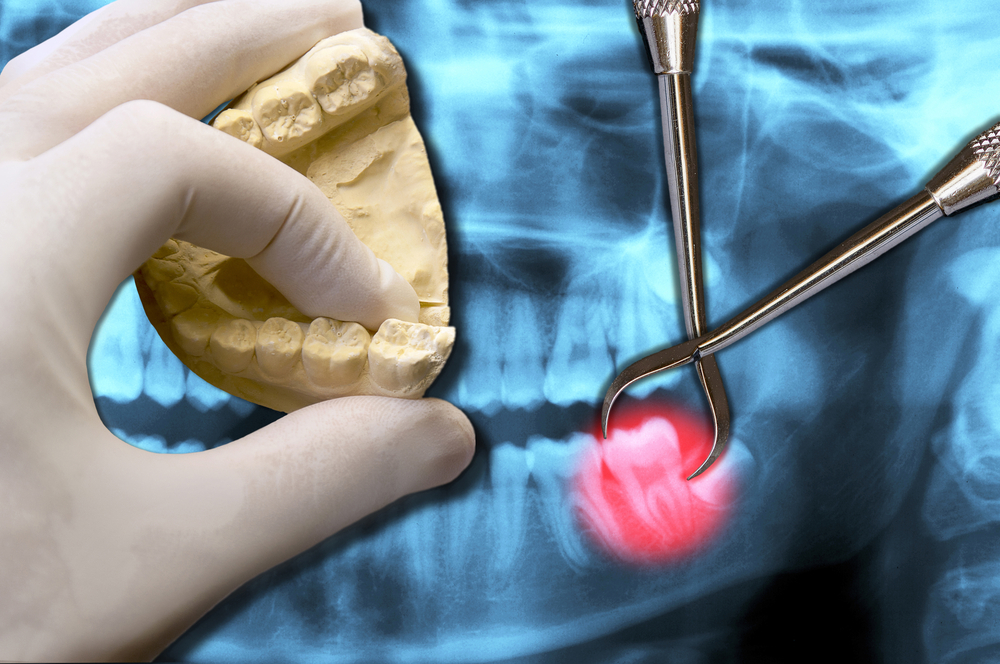How to Ease Wisdom Tooth Pain
Wisdom tooth pain can be a distressing experience, often occurring as these third molars emerge in the back corners of the mouth, typically between the ages of 17 and 25. While some people may not experience any discomfort, others may find themselves seeking relief from pain, swelling, and other symptoms associated with impacted wisdom teeth—those that do not fully emerge through the gums. This article explores various methods to alleviate wisdom tooth pain.

Understanding Wisdom Tooth Pain
Wisdom teeth may cause discomfort as they push through the gums, potentially leading to inflammation, infection, and impact on adjacent teeth. Symptoms can include pain, swelling, difficulty opening the mouth, and even bad breath. These issues arise due to the teeth emerging at an angle or not having enough space to develop properly.
Home Remedies for Relief
Saltwater Rinse
A simple yet effective method to reduce pain and bacteria in the mouth. Dissolve a few tablespoons of salt in a glass of boiled water, cool it down, and rinse your mouth several times a day.
Cold Compress
Applying an ice pack to the jaw can help reduce inflammation and numb the pain. Use a tea towel to hold the ice pack against your jaw for up to 15 minutes, repeating as needed.
Clove Oil
Known for its numbing effect, clove oil can be applied directly to the affected area using a cotton ball. This natural remedy can provide temporary relief from the discomfort.
Peppermint Treatments
Peppermint leaves or oil can offer a cooling sensation, potentially easing the pain. Apply peppermint extract with a cotton ball or use cooled peppermint tea as a rinse.
Over-the-Counter Solutions
Pain relievers like ibuprofen can reduce inflammation and alleviate pain. Numbing gels containing benzocaine may also provide temporary relief when applied to the gums.
When to Seek Medical Treatment
In cases where home remedies do not provide sufficient relief, or if symptoms worsen, it may be necessary to consult a dentist. Impacted wisdom teeth that cause persistent pain, infection, or other dental issues may require professional wisdom tooth removal. This procedure is typically performed under local anesthesia, with recovery times varying from a few days to a week.
Preventive Measures
Maintaining good oral hygiene can prevent some of the discomfort associated with emerging wisdom teeth. Regular brushing, flossing, and the use of mouthwash can help keep the area clean and reduce the risk of infection. Additionally, avoiding sugary foods and drinks can protect against cavities and further discomfort.
Conclusion
Wisdom tooth pain can range from mild to severe, but there are several effective methods for managing the discomfort. Home remedies, combined with over-the-counter treatments, can provide relief in many cases. However, persistent or severe pain should be evaluated by a dental professional to determine if removal or other treatments are necessary. By understanding the causes of wisdom tooth pain and exploring various relief options, individuals can take proactive steps to manage their symptoms and maintain oral health.
Original post here: How to Ease Wisdom Tooth Pain
Comments
Post a Comment